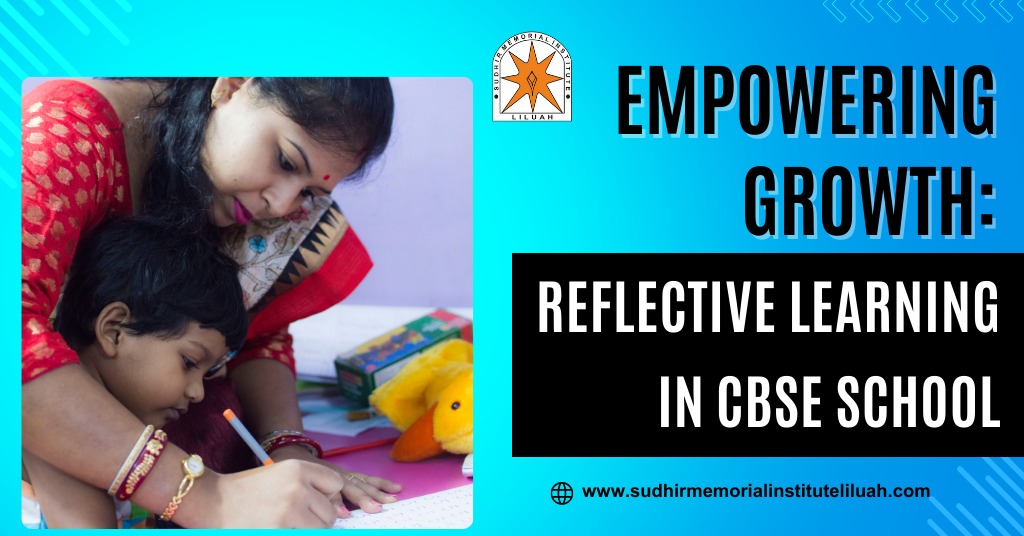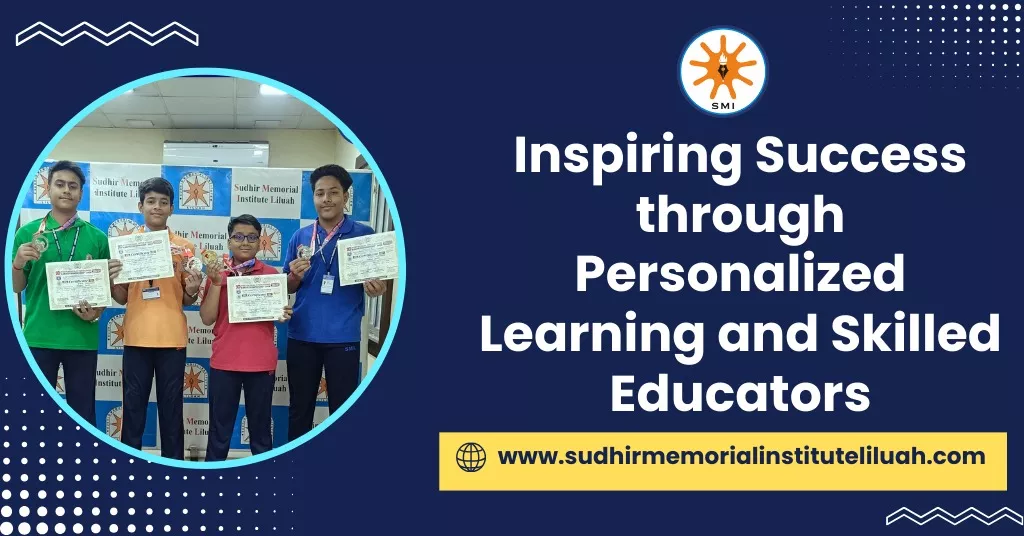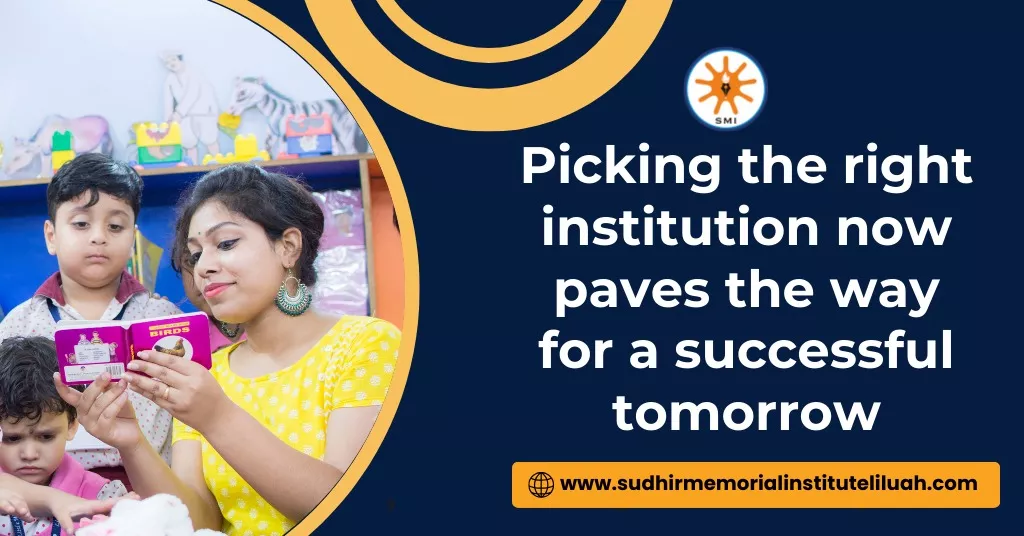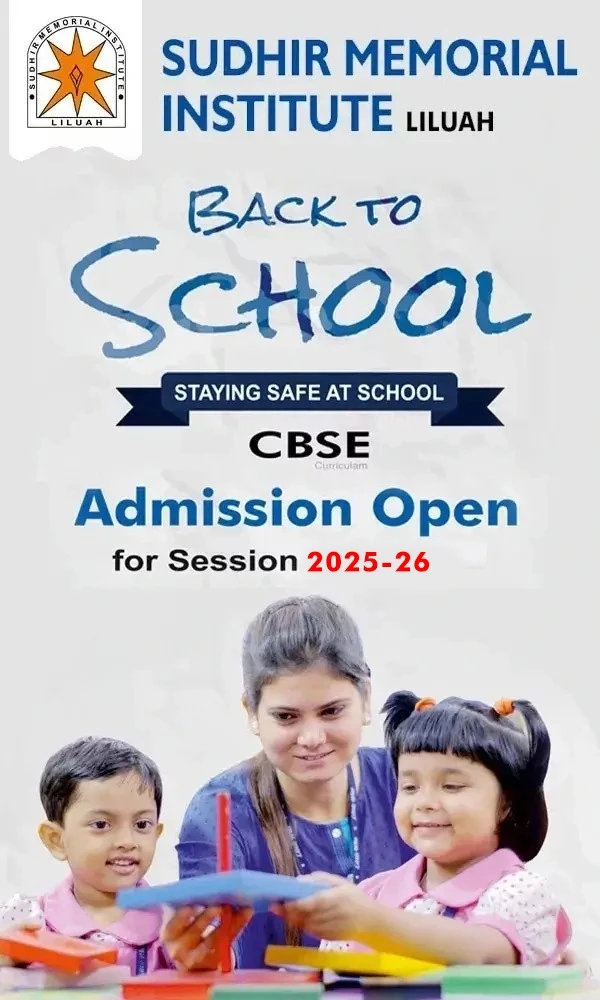Reflective learning is a crucial aspect of education, fostering deep understanding and personal growth among students. In the context of CBSE (Central Board of Secondary Education) schools, implementing reflective learning practices can significantly enhance the overall learning experience. This blog aims to explore the importance of reflective learning in school in Howrah and how it empowers student growth.
Understanding Reflective Learning:
Reflective learning involves the process of introspection, where students critically analyse their experiences, thoughts, and actions to derive meaningful insights. It goes beyond rote memorization and encourages students of the Sudhir Memorial Institute Liluah to engage actively with the learning material. By reflecting on their learning journey, students can develop higher-order thinking skills, such as analysis, evaluation, and synthesis.
Integration into CBSE Curriculum:
The CBSE school in Howrah follow a structured curriculum designed to promote holistic development. Integrating reflective learning into this curriculum can enrich the educational experience. Teachers can incorporate reflective activities such as journaling, group discussions, and self-assessment into various subjects. These activities encourage students to think deeply about what they have learned and how it relates to real-life situations.
Benefits of Reflective Learning:
Enhanced Critical Thinking: Reflective learning prompts students to question assumptions, evaluate evidence, and make informed decisions. This cultivates critical thinking skills essential for academic success and lifelong learning.
Personal Growth: Through reflection, students of the top school in Howrah gain self-awareness and develop a deeper understanding of their strengths, weaknesses, and values. This self-discovery journey fosters personal growth and resilience.
Improved Metacognition: Reflective practices help students of the CBSE school in Howrah become aware of their learning processes, enabling them to monitor, regulate, and adapt their strategies accordingly. This metacognitive awareness enhances learning efficiency and performance.
Deeper Learning: By engaging in reflective activities, students connect theoretical concepts to real-world experiences, fostering deeper comprehension and long-term retention of knowledge.
Empowerment and Ownership: Reflective learning empowers students to take ownership of their learning journey. By reflecting on their progress and setting goals, students become active participants in their education, leading to greater motivation and engagement.
Practical Implementation Strategies:
- Incorporate reflective prompts into lesson plans and assignments.
- Provide regular opportunities for peer feedback and collaborative reflection.
- Scaffold the reflective process by guiding students through structured reflection frameworks.
- Model reflective practices through teacher-led reflections and classroom discussions.
- Encourage students to set personalized learning goals and track their progress over time.
Conclusion:
Incorporating reflective learning practices in the Top school in Howrah can transform education from a passive process to an empowering journey of growth and discovery. By nurturing critical thinking, self-awareness, and metacognitive skills, reflective learning equips students with the tools they need to thrive academically and beyond. As educators, embracing reflective learning can unlock the full potential of every student, fostering a culture of lifelong learning and continuous improvement.







